Fourteen years ago Mihaela Stoykova and a friend decided they wanted to do something for the orphans in Burgas, setting in motion one of the biggest charity initiatives in the country. A few years later Mihaela set up the “Operation teddy bear” association which has, since 2017, been helping gifted but underprivileged children develop their talents and continue their education at university. And all this has happening by annual competition for the mentoring programme “The Hidden Talents of Bulgaria”. Almost 30 children have so far been part of the programme, some of them are now at university. Eleven children have so far been admitted, but there is room for another 10 children if the applicants are up to par. 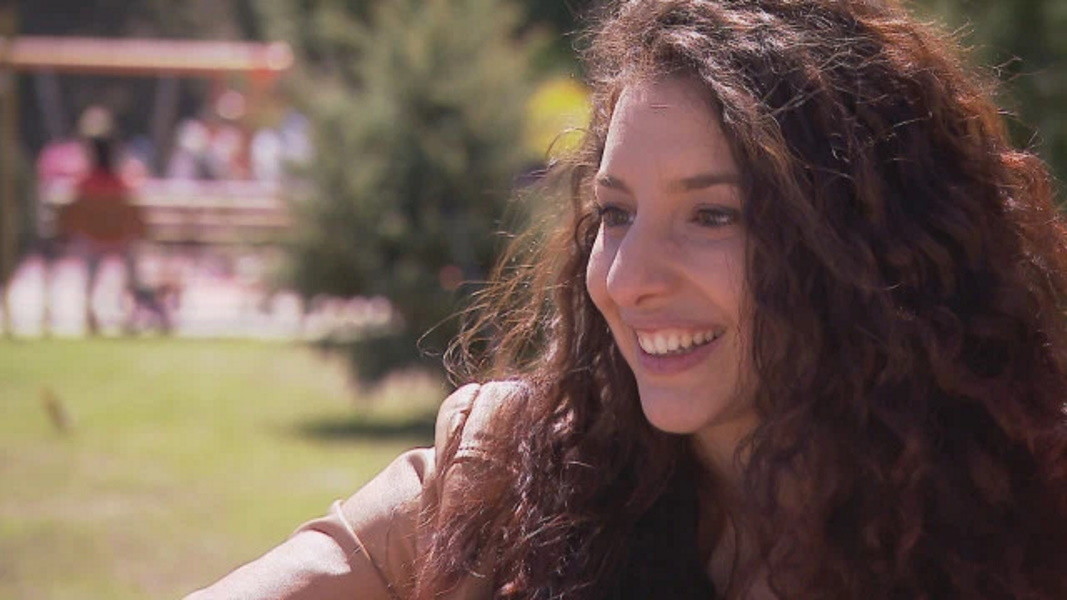
“We work with children deprived of parental care, children who live in care homes. We work with children who are at risk, meaning children from socially disadvantaged families, children growing up in an unfavourable environment which does not allow them to develop the talent they have because they do not have the emotional or financial support needed to be able to do that. Our main target group are children aged 11 to 18, we work with them until the time they apply to university or until their professional development in a given sphere,” says Mihaela in an interview for the BNR’s Radio Sofia.
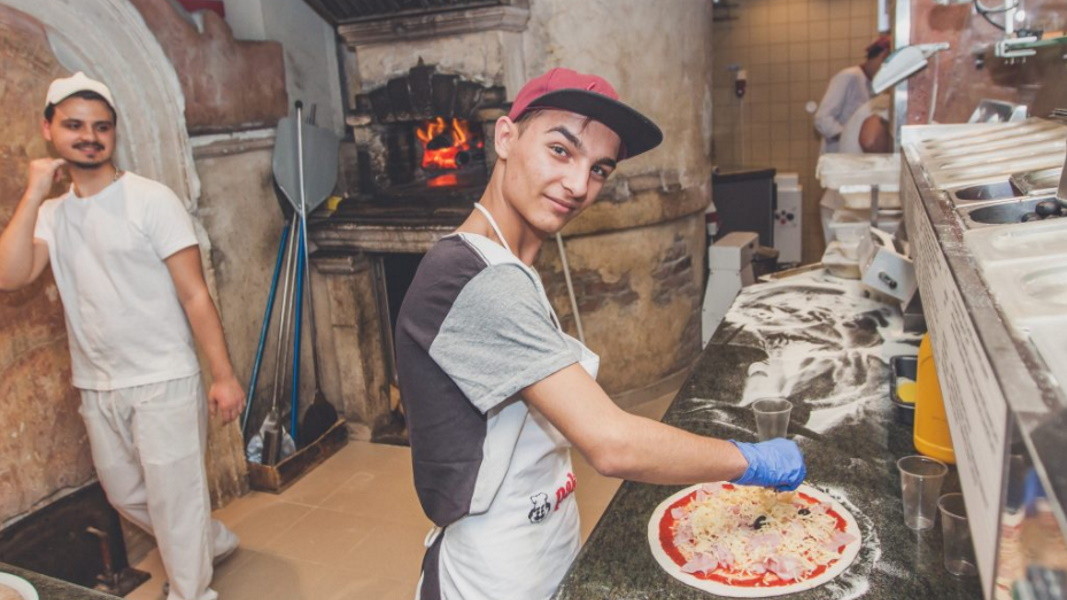
The association’s criteria for applying for the programme include good school performance which Mihaela Stoykova says is connected with how serious the child is about the programme. This matters because so many people have put such a lot of effort into the programme – experts, a psychologist, a team of mentors, teachers, she explains. The programme is assisted financially by different companies which Mihaela Stoykova’s team if very grateful to, and without which the enterprise could not exist because the lessons each child is offered are just part of the full support they are given. “We grant them monthly or lump sum scholarships, buy them equipment, appliances, sporting equipment, school books, we have even bought food vouchers if the family is in a difficult situation,” Mihaela says. The programme also includes additional classes, camps and travel.
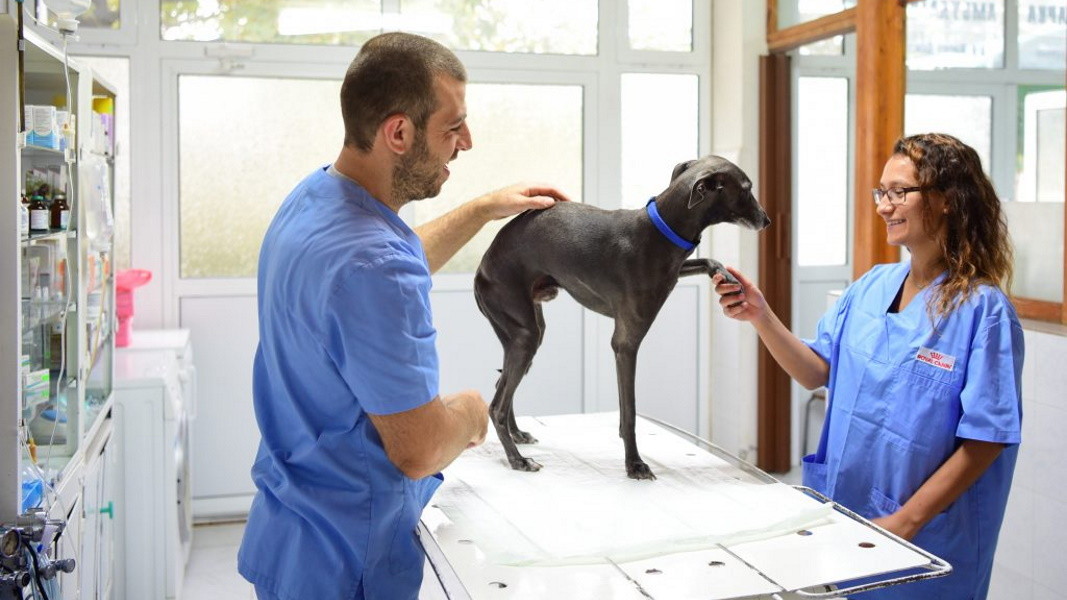
As to the child’s gift, she specifies:
“We work with children whose talent is visible, children with accomplishments, but also with children with primary talents. But the most important thing is the motivation, not how much the talent has been developed but how motivated the child is.”

The mentors from the “Hidden talents of Bulgaria” programme play a very important role in this motivation even though many of the children have a difficult life. While teachers are the professionals who help each child develop their talent, the mentors are the people who help build assiduity, endurance, determination, and skills like patience and communication.
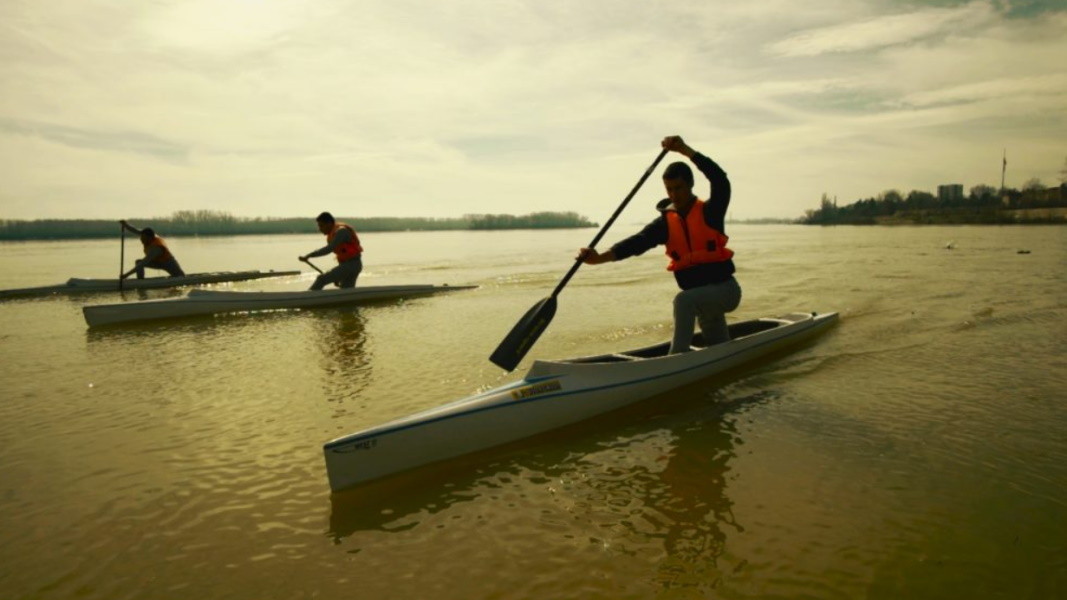
“Our selection of mentors is very rigorous,” Mihaela Stoykova says. “Because a mentor is the person who meets with the child week after week, and together they work to achieve their short and long-term goals.”
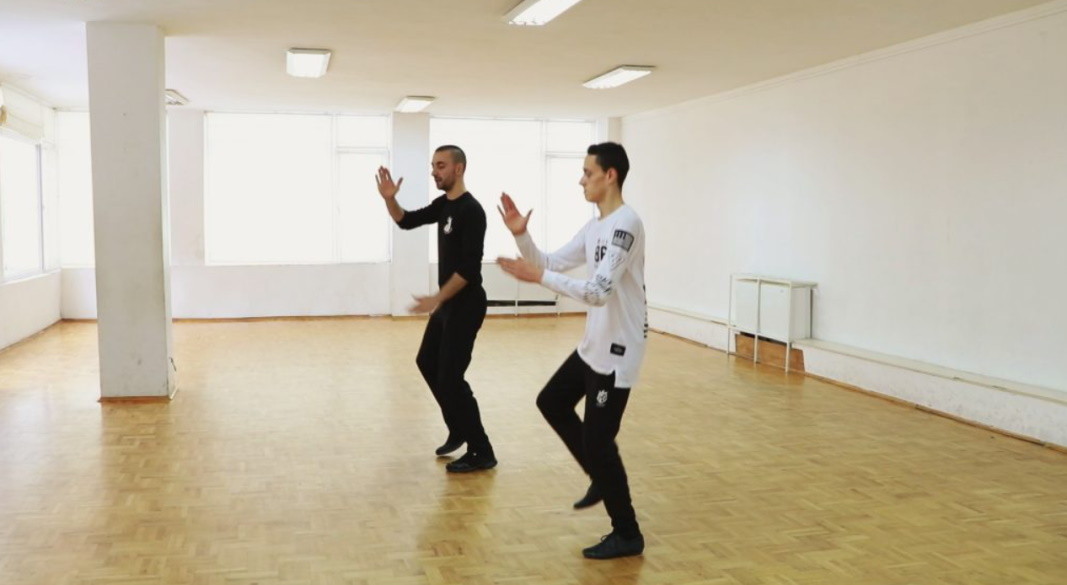
There are 8 mentors currently working with the programme, but their number varies depending on the number of children admitted to the programme.
Mihaela urges all people who know someone aged 11 to 18 with a talent to get in contact with the association and help that young person apply.
Interview by Gergana Peykova, Radio Sofia - BNR
Editing by Vesela Krusteva
Photos: plushenomeche.orgTimișoara, a large multicultural city in western Romania, is the center of the historical community of the Banat Bulgarians . The members of this community are descendants of settlers from the Bulgarian lands nearly three centuries ago, who have..
In Gabrovo – a city in the geographical center of Bulgaria, once described as the Bulgarian Manchester, but today facing demographic challenges – there are young people who believe that the future can be better and that this largely..
For 15 years, Stela Nedkova has been living in Brussels . After completing her education in Bulgaria, she decided to test herself in a different reality to see whether she could handle life’s challenges on her own, without her parents’ help. Stela faced..

+359 2 9336 661
